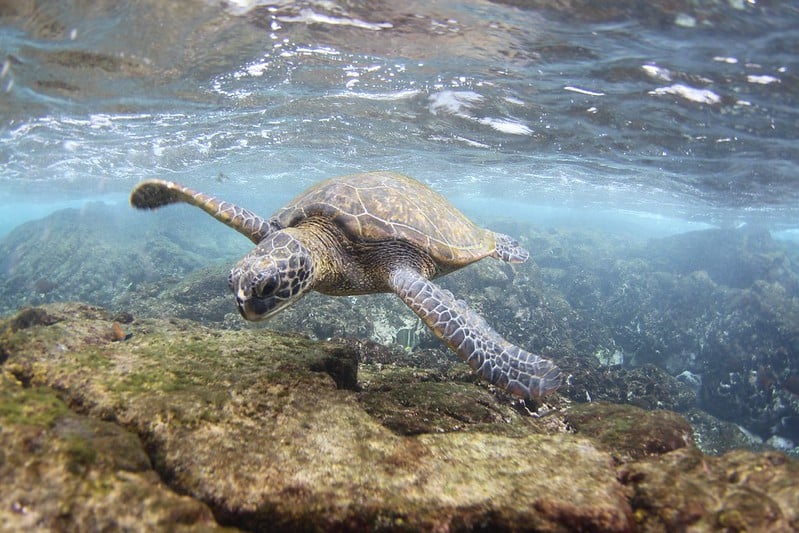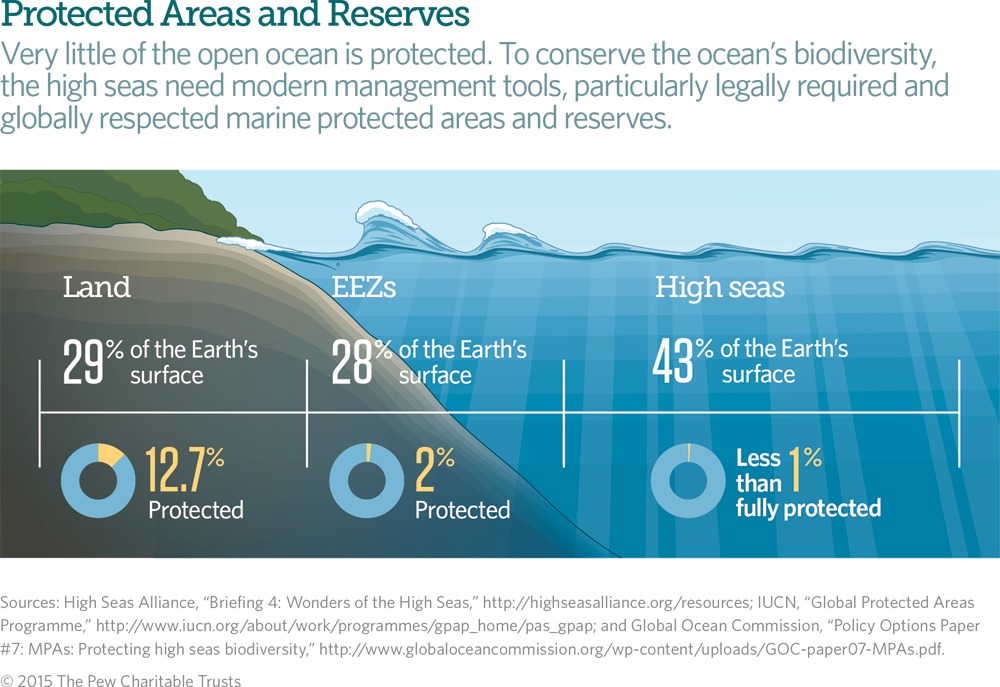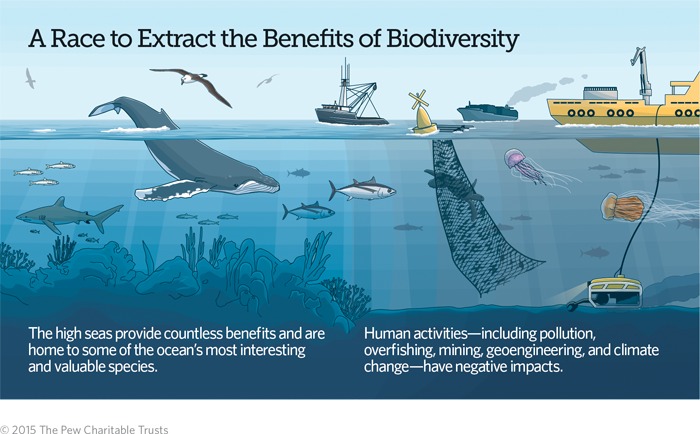
The United Nations (UN) member states recently announced a historic agreement to protect the world's oceans. The high seas treaty, unveiled on March 4, 2023, has been in the works for over a decade. It provides much-needed regulation to reduce pollution, overfishing, and habitat destruction in our ocean waters.
What are high seas?

Countries can currently claim up to 200 nautical miles (370 km) from their coast as their economic zone. This means they can fish or mine for resources within that area.
Anything beyond that is considered international waters or "high seas." All countries have equal rights to fish, ship, and conduct research there. Only about one percent of high seas are currently monitored. As a result, about two-thirds of the world's oceans are unprotected from harmful human activities. They include overfishing and habitat degradation caused by oil and gas drilling.
How will the high seas treaty protect our oceans?

Marine Protected Areas
The high seas treaty stipulates preserving about 30 percent of the world's oceans through marine protected areas. This will allow endangered marine animals and plants to recover.
Environmental Impact Assessments
Companies hoping to launch commercial activities or other large-scale projects in international waters must submit an environmental impact report. The treaty also includes strict rules for seabed drilling in high seas.
Information and technology
Countries will be required to share any groundbreaking research on high-seas species. This includes discoveries like marine genetic resources (MGRs) that could be used to create things like new medicines and cosmetics. Industrialized countries must also share new ocean exploration technologies with developing nations.
When will the treaty take effect?

The agreement is an encouraging first step in the right direction. However, it is not a done deal yet. The UN member states will have to meet again to sign the treaty. The representatives must then get the laws approved in their respective countries. The final step will be deciding how the measures are enforced and managed.
Resources: NPR.com, science.org, BBC.com